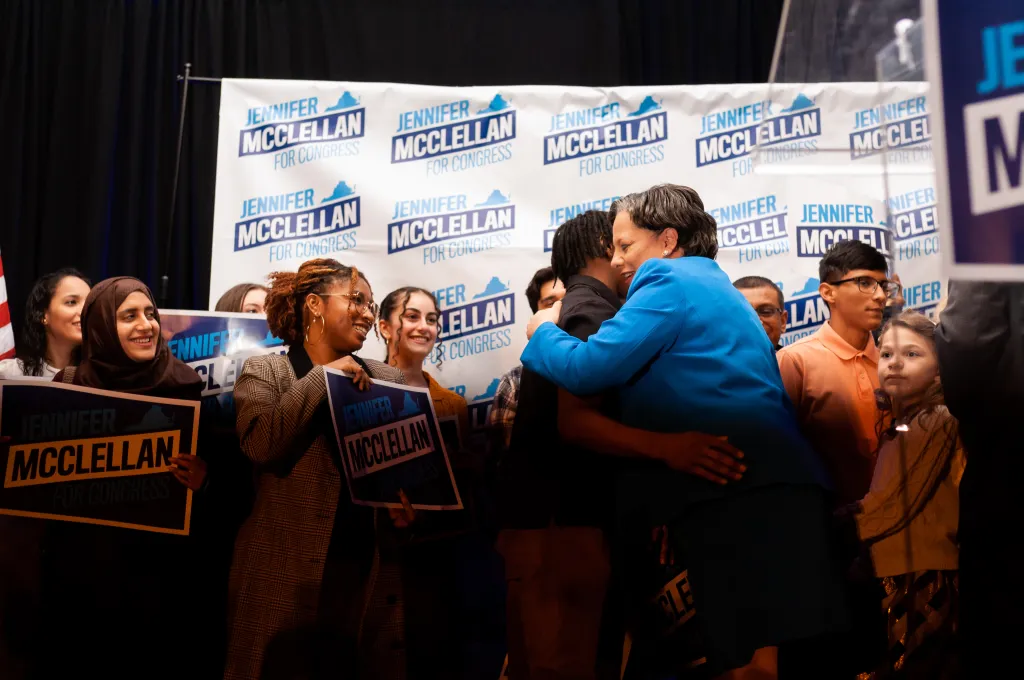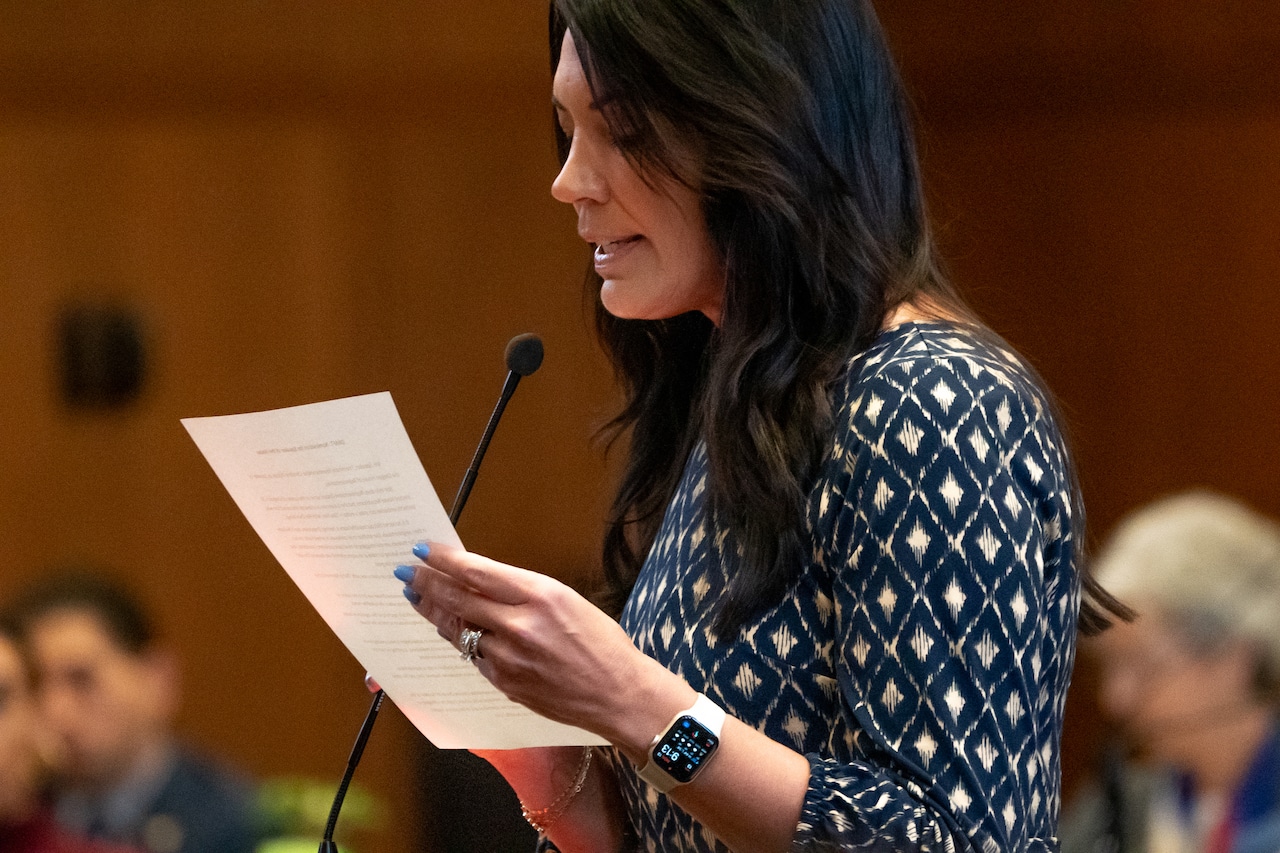
RICHMOND — Some congressional lawmakers are concerned over proposed rules they say threaten the hard-earned economic security of women in the workplace.
The Democratic Women’s Caucus, formed by U.S. House representatives, sent a letter to the Department of Labor urging them to withdraw proposed rules that may take away financial and job opportunities for women, according to their press release.
The three proposed rules may result in women and minorities losing federal employment protections.
“These three proposed rules are clear attacks on women’s economic security,” the letter stated. “Not only do women deserve access to economic advancement, women are central to the strength of the American economy.”
The three proposed rules would:
Remove affirmative action policies and move toward merit-based opportunity. This would reduce transparency and accountability for diversity, equity and inclusion efforts, critics say.
Remove equal opportunity regulation for apprenticeship program sponsors. Programs would only have to follow basic anti-discrimination laws, critics say.
Application of Fair Labor Standards Act to domestic service. This would allow employers, especially third-party agencies, to avoid paying overtime or minimum wage for domestic service workers, critics say.
Women of color will feel the effect of these changes the most, according to Virginia’s U.S. Rep. Jennifer McClellan, D-4th.
“The Trump Administration has a pattern of behavior of throwing labor protections and workers under the bus, creating economic uncertainty amidst a cost-of-living crisis,” McClellan stated in an email. “In Virginia and beyond, we’re already feeling those effects.”
The changes do more than hinder women’s career advancement, McClellan stated. The proposed regulations will strip away progress made to strengthen women’s rights.
Women are already leaving the workplace at an increasing rate, according to another letter sent by the caucus. More than 330,000 women ages 20 and over have left the workforce since January. Black women have been disproportionately impacted, with over 100,000 exiting the workforce.
Women’s labor participation rate has reached a low of 58.4% compared to an increasing rate of 70.4% for men.
“If the Trump Administration cares about advancing women’s economic security, it must withdraw these rules and invest in protections, pay and opportunities for women,” McClellan stated. “I join the Democratic Women’s Caucus in inviting the Trump Administration to work with us on crafting these rules, not against.”
The public comment period closed in early September for the deregulatory proposals. The agency will consider comments and then publish the final rule, accompanied by a specific start date for enforcement. There is no clear date for when this could happen.
The Women’s Bureau is housed within the Department of Labor and is the only federal agency mandated to represent the needs of wage-earning women.
The bureau helps with data and research on women in the workforce to create policies that increase wage and wealth parity for women, including expanding access to paid leave and affordable child and elder care — both which usually become a woman’s responsibility.
It also interprets and enforces laws vital to women’s economic security and the right to be free from workplace discrimination, according to Lauren Khouri, senior director of workplace equality at National Women’s Law Center.
Gender justice issues have made progress over the years, said Khouri. However, she said the administration is currently attacking civil rights laws, which rolls back those advancements.
The Trump administration is undermining that role by eliminating programs that help women get access to high-paying jobs and address violence and harassment at work, Khouri said.
“I just think that’s important to note because our civil rights agencies are more important than they’ve ever been,” Khouri said. “We need to ensure that they have their independence and are able to do the jobs that they were intended to do.”
The labor department since January has attacked gender equity laws, which suggests a lack of commitment to workplace equity from the federal government, Khouri said.
“We’re in a time where standing by the text of our statutes, protecting precedent that’s been in place for decades is really important,” Khouri said.
Future administrations will have to work hard to restore the trust between the labor department and women regarding gender equity, Khouri said. This could be achieved by restoring federal funds, taking a stance in support of diversity, equity, and inclusion programs or ensuring all communities have access to jobs and can support themselves and their families.
Pew Research Center reports that a half of adults believe women are treated differently by employers and that drives the gender wage gap. About half of employed women with families reported feeling pressure to focus on responsibilities at home instead of working.
Another survey conducted by Gallup found only 35% of females in academia believe they are being paid fairly compared to 47% of their male counterparts. In higher education, 28% of women feel overlooked for promotion because of their gender.
Capital News Service is a program of Virginia Commonwealth University’s Robertson School of Communication. Students in the program provide state government coverage for a variety of media outlets in Virginia.



